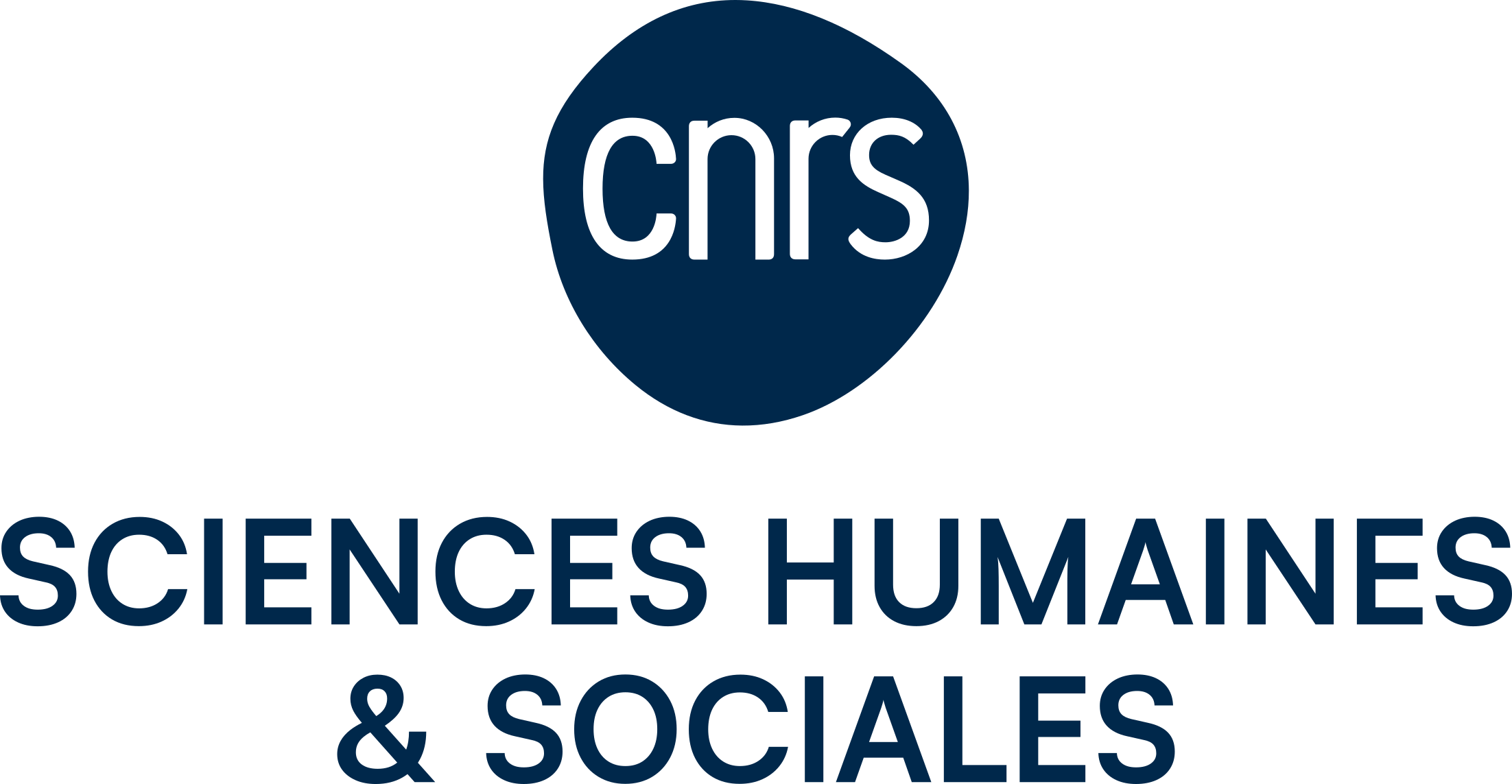Trajectoire de résilience et santé mentale durant la Covid-19 en France
mercredi 5 octobre 2022, par

Octobre 2022. Une étude longitudinale, issue de la collaboration entre le LAPSCO et le CLLE UMR 5263 de Toulouse, sur la santé mentale durant le premier confinement liée à la covid-19 en France (N = 1399) est publiée dans Scientific Reports. La résilience ressort comme la trajectoire majoritaire durant cette période. Plusieurs variables socio-psychologiques apparaissent comme des facteurs protecteurs face à la dépression et l’anxiété (e.g. optimisme, auto-efficacité). La flexibilité psychologique (i.e. capacité à agir dans une direction valorisée, en acceptant l’apparition éventuelle d’événements psychologiques difficiles) émerge comme une variable centrale et médiatrice, capable de prévenir la dépression et l’anxiété et de favoriser la résilience.

Abstract
The implementation of lockdowns and the Covid-19 pandemic situation have negatively impacted mental health (anxiety, depression). However, little is known about individual differences in the longitudinal reactions to lockdown. We designed a longitudinal study (a) to identify the various trajectories of symptoms of depression and anxiety in the general population during and after lockdown ; (b) to determine which positive psychological resources prevent individuals from falling into groups with the most severe trajectories ; (c) to test the mediating role of psychological flexibility. We collected and analysed longitudinal data on a sample of French participants (N = 1399, Mage = 43.4 ; SDage = 12 ; 87.8% women) during the end of the first lockdown. Participants were asked to report their psychological resources and (in)flexibility at baseline and symptoms of anxiety and depression at each measurment occasion (five weekly observations from 17 March to 11 May 2020, including baseline). Using growth mixture modelling, seven dynamic profiles of symptoms were identified : four for depression and three for anxiety. Resilience emerged as the most frequent trajectory. Wisdom, optimism, hope, self-efficacy and peaceful disengagement significantly prevented individuals from belonging to the symptomatic groups. Moreover, psychological flexibility emerged as a significant mediator of these effects. This study highlights the importance of cultivating protective factors and psychological flexibility to prevent mental health damage during potentially traumatic events (PTE) and to favour resilience trajectories.
Pellerin, N., Raufaste, E., Corman, M., Teissedre, F. & Dambrun, M. Psychological resources and flexibility predict resilient mental health trajectories during the French covid-19 lockdown. Sci Rep 12, 10674 (2022). doi : 10.1038/s41598-022-14572-5


depuis votre smartphone


